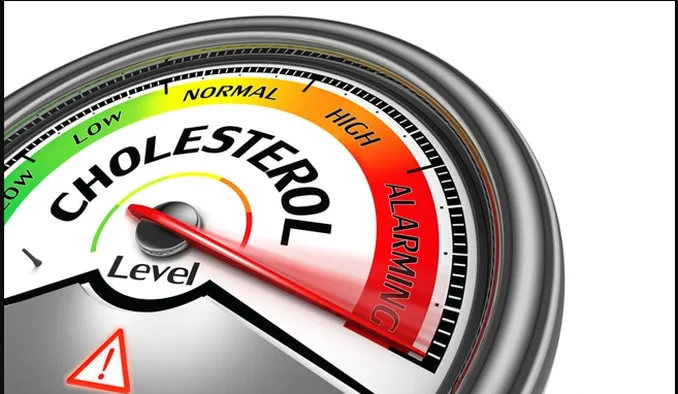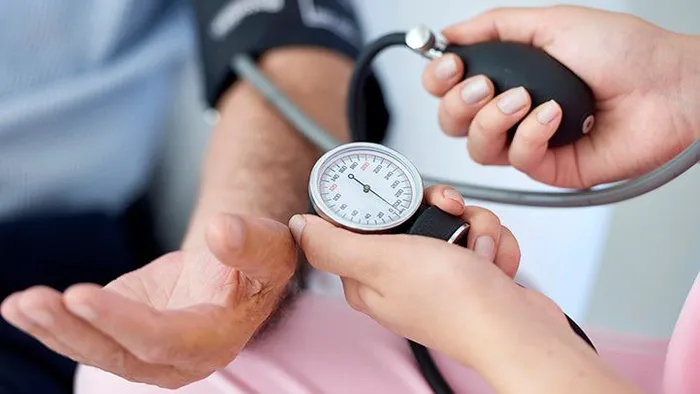Your liver is one of your largest and most important organs. In addition to storing and releasing energy from foods, it acts as your body’s natural filter. Your liver catches the “gunk” in your blood, removing toxins and wastes from your system.
Given how important this organ is to your health, it’s no surprise that supplement manufacturers have jumped on the liver detox bandwagon. Dozens of products with names like “Liver Guard,” “Liver Rescue,” and “Liver Detox” claim they can get your liver in top shape — and help you feel better in the process.
In this article, we will discuss whether fish oil is good for your liver or not?
How the liver works
Weighing in at about 3 pounds, the liver has a lot of important jobs. Your liver eventually processes everything you eat. After your stomach and intestines finish digesting food, it travels through your bloodstream to your liver for filtering.
The liver breaks down fat to release energy. It produces a yellow-green substance called bile to help your body break down and absorb fat.
Anytime your blood sugar level dips, the liver releases glycogen to keep your levels steady. When alcohol, medications, and other toxins make their way to your liver, they’re pulled from your blood. Then your liver either cleans up these substances or removes them into your urine or stool.
What Is Fish Oil?
Fish oil is the fat or oil that’s extracted from fish tissue. It usually comes from oily fish, such as herring, tuna, anchovies, and mackerel. Yet it’s sometimes produced from the livers of other fish, as is the case with cod liver oil.
The World Health Organization (WHO) recommends eating 1–2 portions of fish per week. This is because the omega-3 fatty acids in fish provide many health benefits, including protection against a number of diseases. However, if you don’t eat 1–2 servings of fish per week, fish oil supplements can help you get enough omega-3s.
Fish oil supplements can improve liver function and inflammation, which may help reduce symptoms of NAFLD and the amount of fat in your liver.
Heart disease is the leading cause of death worldwide. Studies show that people who eat a lot of fish have much lower rates of heart disease. Multiple risk factors for heart disease appear to be reduced by the consumption of fish or fish oil. The benefits of fish oil for heart health include:
- Cholesterol levels:

It can increase levels of “good” HDL cholesterol. However, it does not appear to
reduce levels of “bad” LDL cholesterol.
- Triglycerides:
It can lower triglycerides by about 15–30%
- Blood pressure:

Even in small doses, it helps reduce blood pressure in people with elevated levels
- Plaque:
It may prevent the plaques that cause your arteries to harden, as well as make arterial plaques more stable and safer in those who already have them.
- Fatal arrhythmias:
In people who are at risk, it may reduce fatal arrhythmia events. Arrhythmias are abnormal heart rhythms that can cause heart attacks in certain cases.
Benefits of fish oil
Thirty percent of fish oil is pure omega-3 fatty acids. Fish oil is especially helpful in areas of:
- heart health
- mental health
- inflammatory ailments
- pregnancy
- breastfeeding
Is cod liver oil safe for everyone?
The World Health Organisation recommends eating one or two portions of oily fish a week, equivalent to 200-500 mg of EPA and DHA. Those with an allergy to fish or who follow a vegetarian or vegan diet should look to alternative plant-based sources of these essential fatty acids.
As a supplement, the omega-3 fatty acid is generally regarded as safe for most people, when taken in low doses (approximately 3g total fish oil per day or less). If you are considering taking a new supplement, discuss this with your health practitioner first, especially if you are taking prescription medication.

